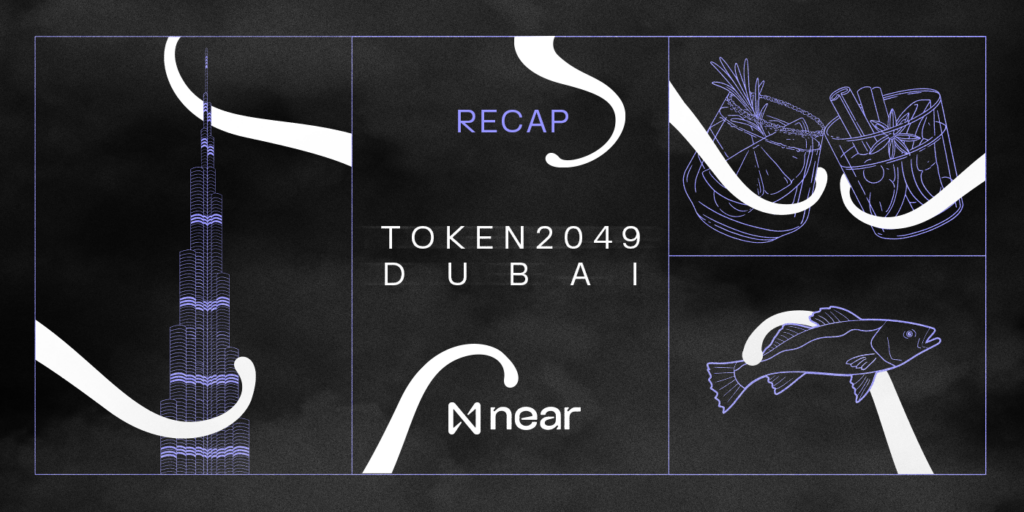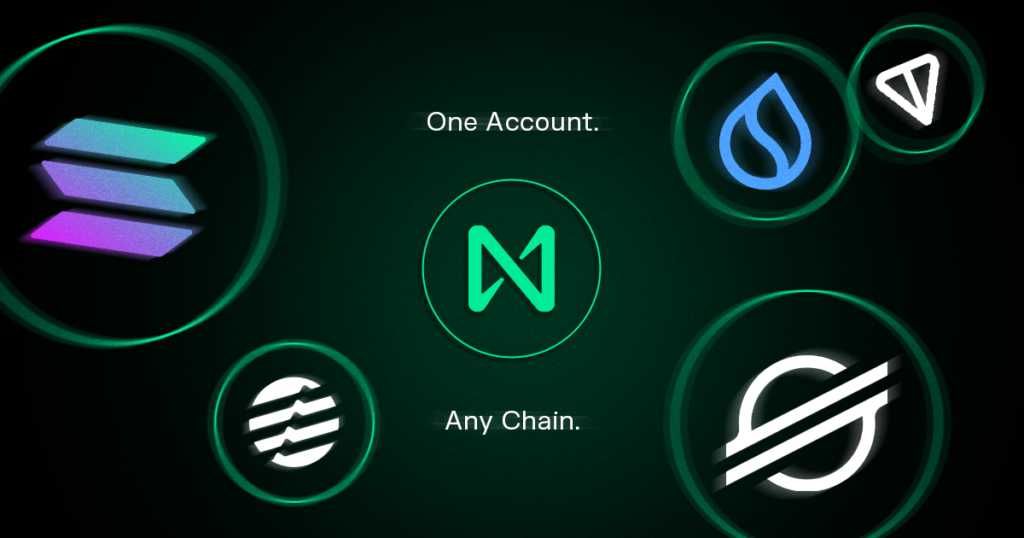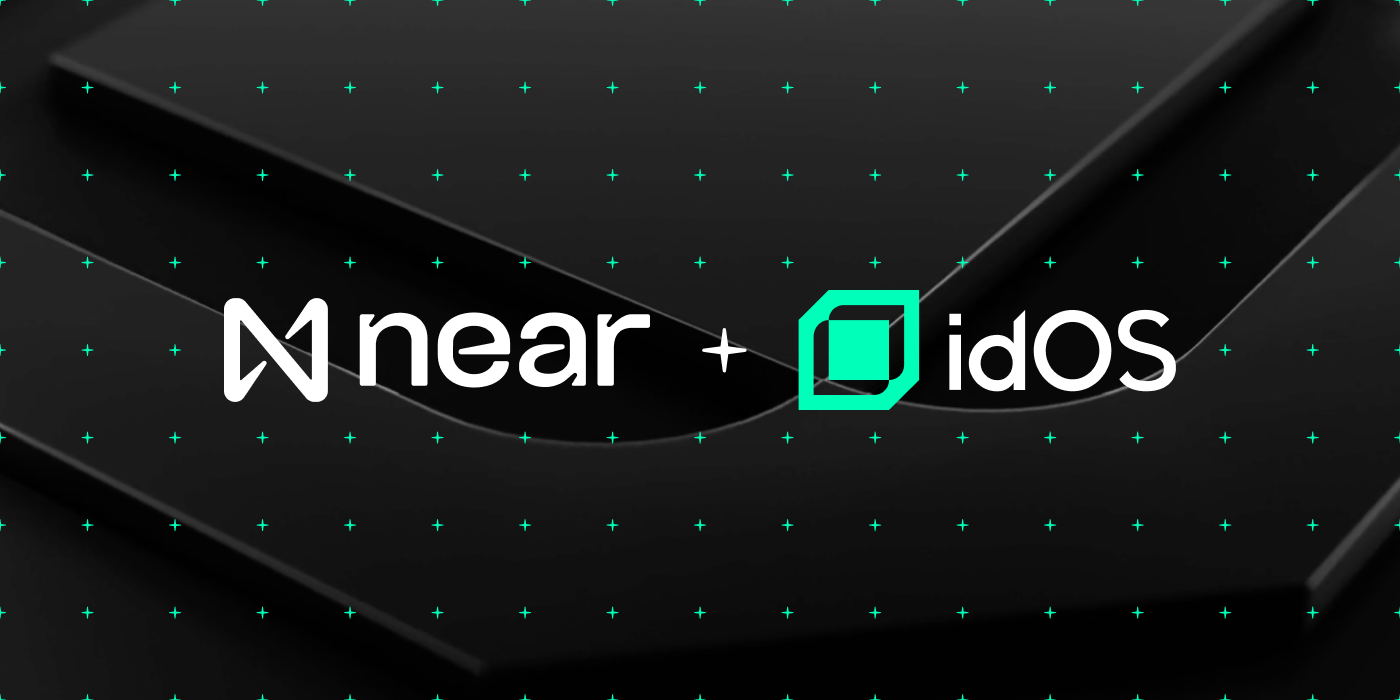Unlocking the Future of DeFi with the idOS on NEAR: A Developer’s Guide
In the ever-evolving landscape of web3, DeFi has stood apart as a driver of innovation, promising a decentralized financial future. But for developers and founders, the challenge has always been integrating real-world applications with the decentralized world, ensuring compliance, and providing a seamless user experience. Enter the idOS on NEAR, a solution — built with Fractal — that bridges this gap and brings the Open Web closer to mainstream adoption.
Why the idOS Matters
For developers diving into DeFi, the idOS (Identity Operating System) on NEAR offers a robust framework. It’s not just about creating decentralized financial applications; it’s about crafting solutions that can interact with real-world systems, regulations, and meet user expectations.
1. Composable & Permissionless Integration: With the idOS, developers can effortlessly combine different protocols that require identity verification, leveraging the “money legos” concept. This composability ensures that your DeFi applications can scale and evolve with the ecosystem.
2. Enhanced User Experience & Identity Verification: One of the major pain points in the decentralized world is the repetitive identity verification processes, often known as KYC. With the idOS, this process is streamlined. Users verify their identity once, and then, by simply signing with their wallet, they can reuse their verified credentials across any NEAR dApp without undergoing KYC again. This not only enhances user experience but also ensures faster onboarding and interaction with dApps.
3. Seamless On/Off Ramps: The idOS facilitates smoother crypto-fiat transactions, a significant pain point in web3 adoption. By integrating the idOS, developers can offer users the ability to easily transition between the decentralized and traditional financial worlds, unlocking use cases like remittances or DeCommerce payments.
Beyond DeFi: Proof-of-Personhood Use Cases
While DeFi is the cornerstone, the idOS’s potential extends beyond. For founders looking to innovate in areas like decentralized governance or community voting, the idOS provides the tools to ensure proof-of-personhood:
1. Decentralized Voting: Governance is a critical aspect of any decentralized protocol. With the idOS, developers can integrate systems where users prove their unique human status, ensuring one person, one vote. This minimizes the influence of bots and whales, leading to fairer governance outcomes.
2. Portable user profiles across Web3: For platforms that require user profiles like Near.org, the idOS offers a decentralized solution. Users can create and manage their profiles, ensuring data privacy and control. This is especially crucial for platforms that want to offer personalized experiences without compromising on user data sovereignty.
Privacy-Preserving KYC & Compliance
No developer wants to compromise on user privacy. With the idOS, KYC processes become more user-centric. Users can obtain KYC credentials from multiple providers, with the assurance that their data remains encrypted and under their control. For founders, this means complying with global financial regulations without sacrificing user trust.
Join the revolution with idOS
For developers and founders ready to shape the future of DeFi and decentralized applications, the idOS on NEAR offers the tools, scalability, and compliance required for success. As we venture into a world where decentralized finance and real-world applications converge, solutions like the idOS will be at the forefront, ensuring that innovation remains uncompromised.
Join the revolution and explore how the idOS can redefine your DeFi applications and enhance user identity verification on NEAR.
Share this:
Join the community:
Follow NEAR:
More posts from our blog


Chain Signatures Adds EdDSA support: Cross-Chain Signing for Solana, TON, Stellar, Sui & Aptos

